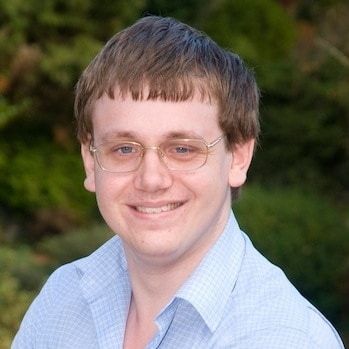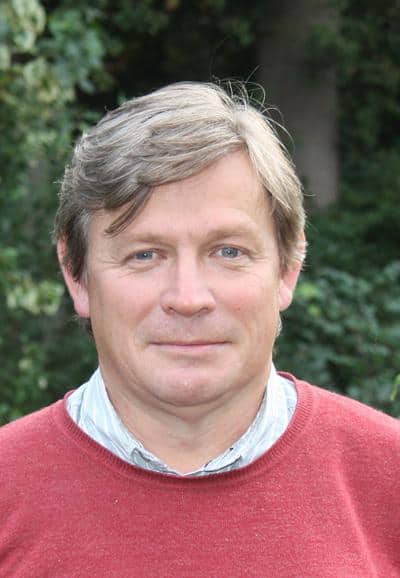Dr. Sarah Duddigan, a Research Fellow in the Geography and Environmental Department at Reading University gave a talk on about ‘ Soils’.
She covered the subject of soils pointing int out that “It’s not just dirt”, but in fact vital to the success of humanity, reminding the audience that it is a “non-renewable source”.
The current problems of soil degradation that tend to be masked by the emphasis on climate change – in a connected point, highlighted that soil stores three times more carbon that trees. Sarah told the audience that Soil Health is another looming problem for the planet.
The talk cover much more ground than that, going from the basics of what soil is made up from (a balance between Clay, Sand and Silt), the Tea Bag Index that she was involved with, the impact of urbanisation on soil and emerging threats to soil.
(We are awaiting slides from Sarah, but as some people weren’t able to make it to Cafe Sci this week, we’re releasing the audio while we await them.)
Dr. Sarah Duddigan’s spoken presentation
Dr. Sarah Duddigan’s audience Q&A


 University, gave a talk about the importance of marine phytoplankton in controlling climate change.
University, gave a talk about the importance of marine phytoplankton in controlling climate change. Catherine explained how the 100,000 Genome Project came about and how the structure of the UK’s NHS is uniquely placed to do a project like this.
Catherine explained how the 100,000 Genome Project came about and how the structure of the UK’s NHS is uniquely placed to do a project like this. During his presentation, two not inconsiderable bound books were passed around the audience. Each contained the sequencing of the single Genome 21 – the most simple we were told. As you can see from the photo, the pages were filled with a stream of the four characters that make up DNA, tightly printed four point font.
During his presentation, two not inconsiderable bound books were passed around the audience. Each contained the sequencing of the single Genome 21 – the most simple we were told. As you can see from the photo, the pages were filled with a stream of the four characters that make up DNA, tightly printed four point font. He discusses, how do present day languages sound compared to those spoken by our ancestors? An audio journey into the spoken words of the past.
He discusses, how do present day languages sound compared to those spoken by our ancestors? An audio journey into the spoken words of the past. Dr Elisabeth Falk, Senior Lecturer in Experimental Particle physics (Physics and Astronomy), presented her talk about Neutrinos, one of the fundamental particles which make up the universe – Also, currently, one of the least understood.
Dr Elisabeth Falk, Senior Lecturer in Experimental Particle physics (Physics and Astronomy), presented her talk about Neutrinos, one of the fundamental particles which make up the universe – Also, currently, one of the least understood.